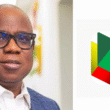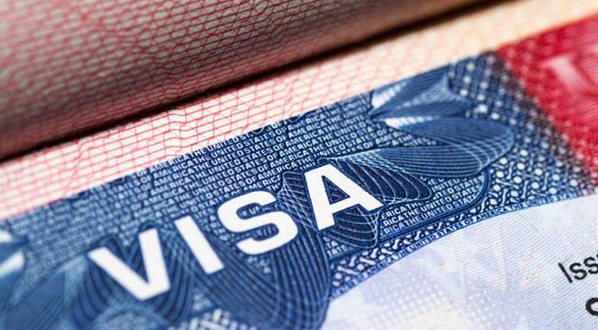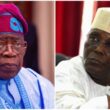The Federal Government has raised serious concerns about the United States’ decision to reduce visa durations and restrict entries for Nigerian applicants, calling the move unbalanced and requesting that it be reviewed in the spirit of mutual respect and diplomatic cooperation.
This reaction follows closely on the heels of new entry rules issued by the United Arab Emirates, which now bars Nigerian citizens between the ages of 18 and 45 from obtaining tourist visas unless they are traveling with someone. Applicants above 45 are required to submit a six-month personal bank statement showing a minimum monthly balance of $10,000 to qualify.
On Tuesday, the U.S. Department of State announced in Abuja that starting from July 8, 2025, Nigerians applying for most non-immigrant visas—including B1/B2 (tourism and business), F (students), and J (exchange programs)—will only be granted single-entry visas valid for three months. This new policy sparked swift response from Nigeria’s Ministry of Foreign Affairs.
Kimiebi Ebienfa, spokesperson for the ministry, confirmed the government’s reaction, stating, “We are assessing the new policy and its necessary implications. The government will respond soon, after due consultation with relevant stakeholders.”
In a formal statement, Ebienfa noted that the Nigerian government was particularly troubled by the sudden shift, especially considering the longstanding ties between both countries. “The decision appears misaligned with the principles of reciprocity, equity, and mutual respect that should guide bilateral engagements between friendly nations,” the statement read.
He further noted that the policy shift could affect a wide group of Nigerians, including students, professionals, and families, possibly damaging educational and cultural exchanges that have historically strengthened US-Nigeria relations. The government urged the US to reconsider the decision, while reaffirming its commitment to continued diplomatic engagement.
On Wednesday, the Minister of Interior, Olubunmi Tunji-Ojo, led a delegation to meet with the US Ambassador to Nigeria, Richard M. Mills Jr., to address the changes. Tunji-Ojo said, “I held a constructive meeting with the US Ambassador… to discuss the recently introduced visa procedures for Nigerian nationals.”
The US Embassy explained that the new measures were part of a broader global policy review, citing the need to align visa processes with security standards and ensure proper management of visa overstays. The Embassy emphasized that only new visa applications from July 8 would be affected; existing visas remain valid.
Meanwhile, the UK government also announced plans to switch to eVisas for Nigerian applicants starting July 15. The British High Commission said the digital system will replace visa stickers for most study and work visa applicants. Gill Atkinson, Chargé d’Affaires in Abuja, stated, “We’re making it easier and faster for Nigerians to travel to the UK… this is a big step towards a fully digital UK immigration system.”
The UAE’s revised visa policy is expected to reduce the number of Nigerian travelers to Dubai significantly. Travel agents report that the strict financial requirements are already deterring applicants.










